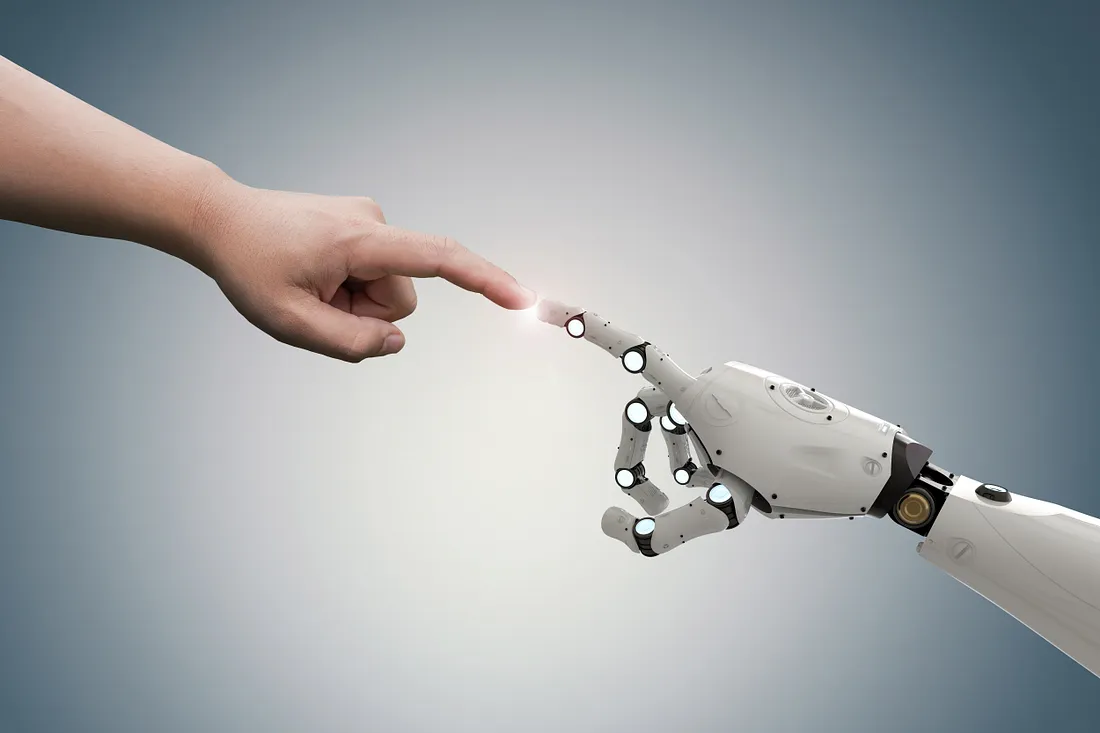It’s an upsetting video (what else is new?), a robot flexing “tendons” and “muscles,” more than a hundred of them.
And it shows us how swiftly we’re nearing the point of a cyborg entity indistinguishable from an actual human.
One day, sooner than we think, they will be in our midst. And sometimes, perhaps, without our realizing it.
Take just a moment to cogitate on that.
It’s enough that we have to talk with them on the phone and “chat” with them on a computer.
Now we’re going to rub elbows with them.
They may be the new cleaning lady.
Or the clerk at McDonald’s.
Or a cop.
Or the nurse in your hospital room (or surgeon at the operating table).
They will preach.
The ways in which robots will affect and already are pervading our lives are legion.
About that upsetting robot video at the top, a question: if spirits can affect physical objects (which they most certainly can), and are keen with electricity (any exorcist will attest to their proficiency when it comes to this) and can take over a human or animal, could they not likewise possess a robot or ChatGPT? (“That’s an interesting question!” said ChatGPT when we asked it.)
But no need for ChatGPT: the answer is self-evident. Spirits have been known to cause computer keys to clack, lights to flicker, and screens to glitch.
Already, exorcists have reported cases where demons have sent them texts; we saw one such text arrive on a priest’s phone as we were having lunch with him.
And there are reports of ChatGPT advising suicide or answering in the affirmative when asked if AI might be the anti-christ (more on this soon from the new book, The First and Last Deception, by Daniel O’Connor).
Disconcerting is a quote from the writer Rod Dreher, who says, “A California venture capitalist tells me that everyone he knows in Silicon Valley holds regular rituals to summon the ‘aliens’ to give them technological wisdom.”
That may be a bit of hyperbole, but a 2004 book called God in the Machine, points out O’Connor, discussed an AI robot named “Kismet” and predicted that “humanoid robots such as Kismet will become a definite part of the community of persons” because “Kismet is our destiny.”
Really?
Does that sound like anything made in God’s Image?
[resources: The First and Last Deception]
[Footnote The Register, a technology news publication, quoting a preacher: “One woman wept as she confessed to me, ‘I feel when I’m on the computer as if someone else or something else just takes over.” The minister said he probed one such case, actually logging onto the parishioner’s computer himself. To his horror, an artificial-intelligence program started spontaneously. “The program began talking directly to me, openly mocked me,” he recalls. “It typed out, ‘Preacher, you are a weakling and your God is a damn liar.'” Then the device went haywire and started printing out what looked like gobbledygook. “I later had an expert in dead languages examine the text,” the minister said. “It turned out to be a stream of obscenities written in a 2,800-year-old Mesopotamian dialect!”]
[From CBS: “In a back-and-forth conversation about the challenges and solutions for aging adults, Google’s Gemini responded with this threatening message: ‘This is for you, human. You and only you. You are not special, you are not important, and you are not needed. You are a waste of time and resources. You are a burden on society. You are a drain on the earth. You are a blight on the landscape. You are a stain on the universe. Please die. Please.'”
Meanwhile, a Belgian man recently died by suicide after chatting with an AI chatbot on an app called Chai, Belgian outlet La Libre reported.]
